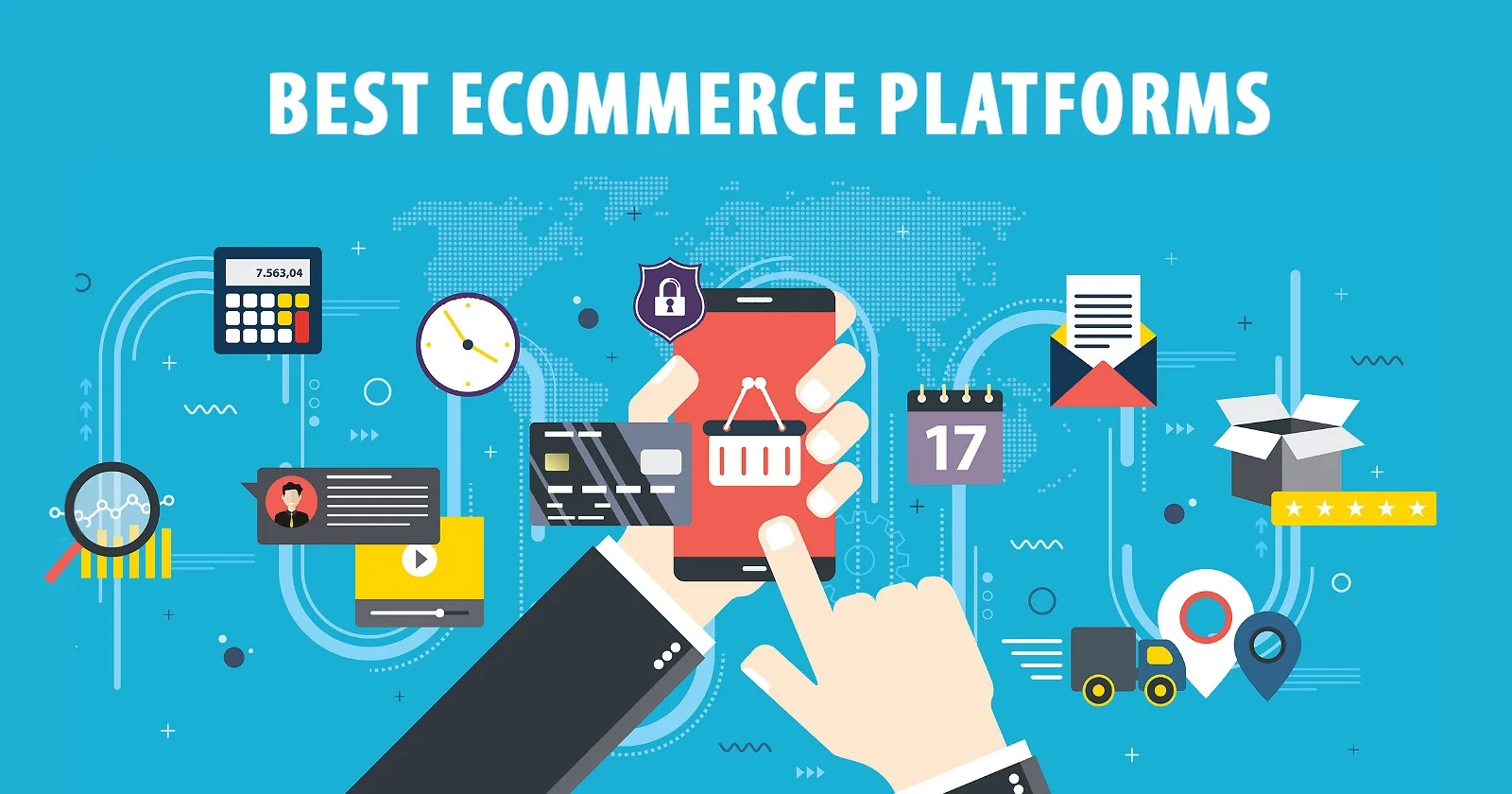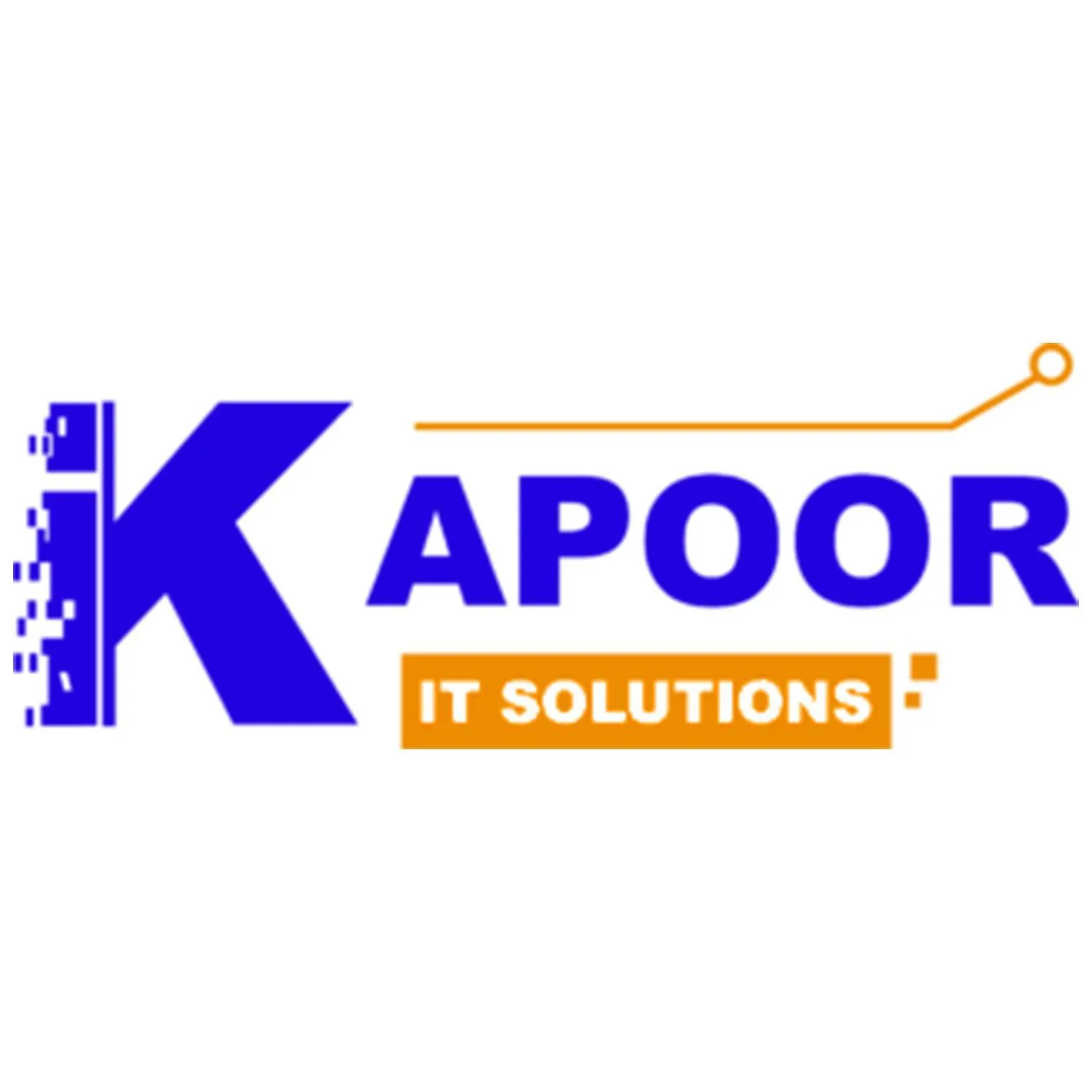Professional forms have become an essential tool for businesses aiming to streamline communication and gather meaningful feedback. Whether you're collecting customer opinions, employee input, or partner responses, well-designed forms allow you to present questions clearly, guide responses with logic, and collect data efficiently. Unlike casual surveys or unstructured messages, professional forms maintain consistency, accuracy, and formality in the process, making the insights more actionable.
A key reason organizations choose professional forms is their flexibility across use cases. From onboarding new clients to conducting post-purchase satisfaction surveys, they allow companies to standardize their process while adapting content to each unique scenario. These forms can be integrated into websites, apps, emails, and even QR codes, making data collection seamless without interrupting the user experience.
Clarity is another strength. A thoughtfully structured form eliminates ambiguity. Questions are framed to avoid bias, and options are curated to ensure relevance. Features like drop-downs, rating scales, checkboxes, and conditional logic help reduce friction for respondents, increasing the chances of complete and honest feedback. This quality of response leads to better analysis and decision-making.
Security and compliance are also easier to maintain with professional forms. Organizations that deal with sensitive or regulated data—such as healthcare providers, educational institutions, or financial services—can incorporate consent fields, encrypted submission, and access controls to protect respondent privacy while remaining aligned with laws such as GDPR or HIPAA.
But collecting data isn’t the end goal—it’s about understanding people better. This is where feedback tools like Net Promoter Score (NPS) come in. A simple question—“How likely are you to recommend us?”—can reveal deep insights about customer loyalty. When embedded within professional forms, NPS becomes easy to track, segment, and improve over time.
Why is NPS important? Because it offers a quick, standardized metric for measuring customer satisfaction and forecasting growth potential. When used alongside professional forms, it supports strategic decisions, identifies service gaps, and fuels long-term improvement. Investing in robust forms isn't just about data collection—it's about listening, responding, and building trust at every touchpoint.






